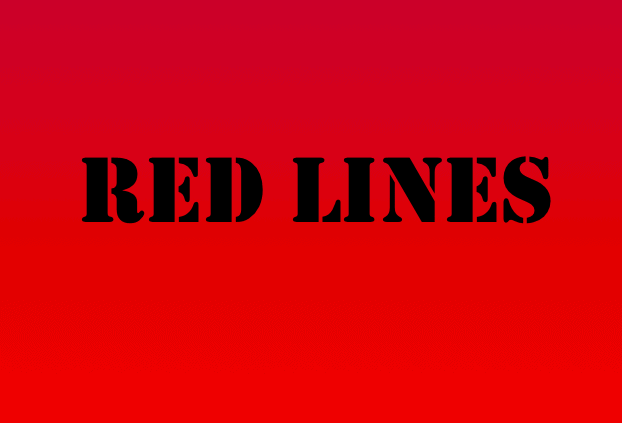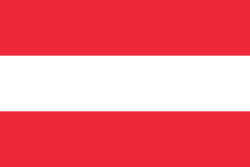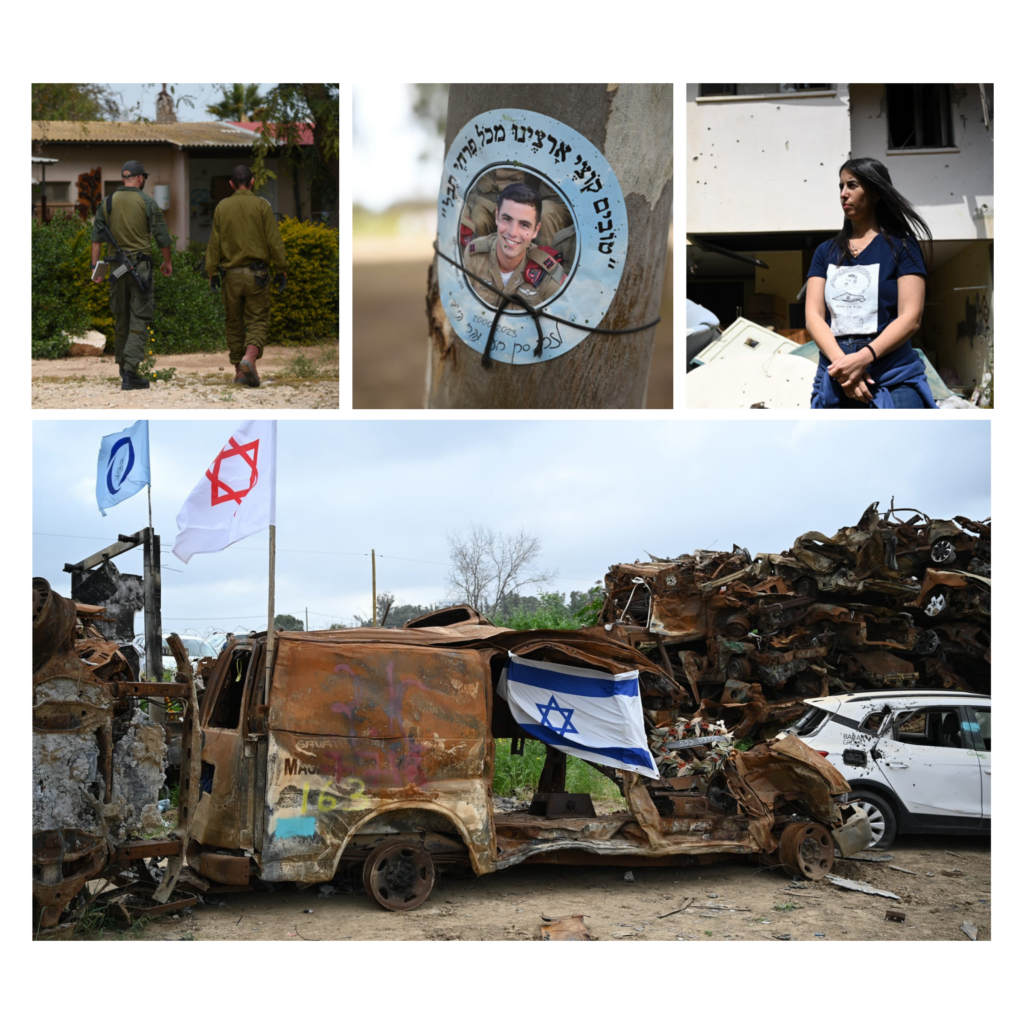BUDAPEST – Algunos judíos se quedan en Ucrania porque no quieren dejar atrás a sus familiares fallecidos, sin saber lo que les depara el futuro, dijo el martes Aliza, una refugiada de la ciudad de Mariupol, en la conferencia anual de la Asociación Judía Europea (EJA) en Budapest.
Casi 5 millones de ucranianos han sido desplazados desde el comienzo de la invasión rusa de Ucrania el 24 de febrero, según las últimas estimaciones de las Naciones Unidas. Actualmente, según las estadísticas de la Agencia Judía, unos 200.000 judíos siguen allí.
“Nuestro pueblo está destruido”, dijo Aliza. “Antes de la guerra, teníamos una comunidad hermosa y pequeña. Era fuerte”. La comunidad judía de Mariupol tenía su propia escuela sinagoga.
“Todos en Mariupol sabían que si venían a nuestra cocina a las 10, obtendrían lo que necesitaban”, dijo Aliza.
El rabino Raphael Rotman, vicepresidente de la Federación de Comunidades Judías de Ucrania, contó innumerables historias de personas que pidieron ayuda y de familias que se reunieron con éxito fuera de las fronteras de Ucrania.
Cuando un amigo le telefoneó para que le ayudara a sacar a sus tíos de Kiev, le respondió que podía conseguirles un coche, pero que tendrían que hacer las maletas en 20 minutos y marcharse. Así lo hicieron.
Otra familia salió de Kiev un viernes por la mañana. Pasaron seis días hasta que toda la familia se reunió.
Aliza señaló que algunos judíos se quedaron en Mariupol porque tienen parientes enterrados allí -algunos en sus propios patios- que murieron por explosiones aéreas o por enfermedades para las que no podían acceder a los medicamentos porque las tiendas estaban cerradas, habían sido bombardeadas o saqueadas.
Recibió una gran ovación de los asistentes a la conferencia.
¿Qué está haciendo la guerra con los judíos de Ucrania?
Rotman relató sus experiencias en Bucha, Irpin y Hostomel -cerca de Kiev- llegando a los ciudadanos de estas ciudades después de ser liberadas.
En abril, después de que las fuerzas rusas abandonaran Bucha, se encontraron decenas de cadáveres en las calles de la ciudad, lo que provocó una gran conmoción en los medios de comunicación internacionales y en los líderes mundiales, cuando ya habían transcurrido dos meses de guerra.
El marido de una mujer murió durante la ocupación rusa; tardó seis días en ser seguro realizar un entierro.
“Las familias están siendo separadas, las esposas de los maridos, los hijos de los padres”, dijo Rotman, que ha estado en Ucrania desde el comienzo de la guerra.
Para algunos de los judíos que Rotman conoció mientras luchaban por escapar del país en guerra, conocerlo fue su primera experiencia con el judaísmo.
“Algunas personas nunca habían asistido a un séder de Pascua; fue necesaria una guerra para que salieran. En Shavuot, un hombre que cumplirá 78 años el mes que viene recibió una aliá por primera vez. Era la celebración de su bar mitzvah.
“Estas son algunas de las alegrías a las que tratamos de aferrarnos en esta época de locura e incertidumbre”, dijo.
https://israelnoticias.com/internacional/que-sucede-con-los-judios-que-permanecen-en-ucrania-durante-la-invasion-rusa/














